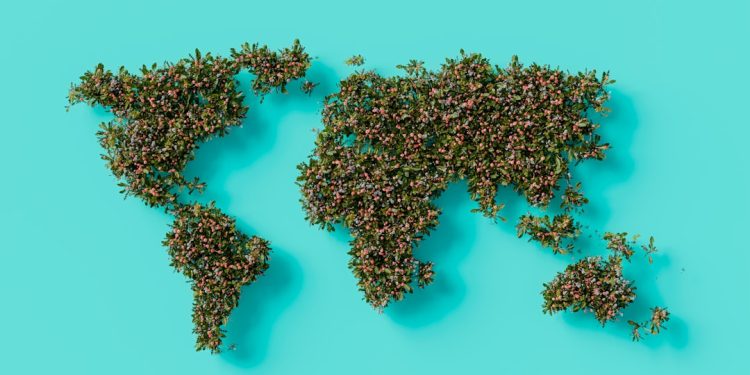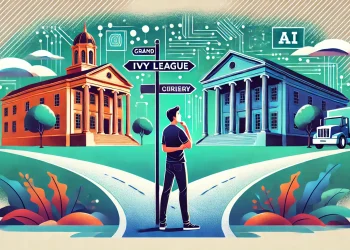No products in the cart.
Reviving Multilateralism: A Path to Sustainable Careers
The World Bank's new strategy aims to revitalize global cooperation, impacting career prospects for the next generation.
As global challenges loom larger, the World Bank’s chief is laying out a bold plan to revive multilateralism. This approach could redefine the landscape of job markets and career opportunities for a generation seeking meaningful work.
In a world increasingly divided by national interests, the idea of countries coming together to tackle issues like climate change, poverty, and economic disparity feels like a distant dream. Yet, the World Bank is pushing for a renewed commitment to cooperation. This strategy isn’t just about politics—it’s about people, especially the young professionals who will navigate the future workforce.

The World Bank’s latest report outlines a vision where collaborative efforts lead to innovative solutions. By fostering partnerships across borders, the organization believes it can stimulate job creation and economic growth that benefits everyone. But what does this mean for the 16-35 age group, who are often left grappling with uncertainty in their career paths?
For many, the path to a fulfilling career is fraught with challenges. The gig economy has exploded, but with it comes instability. Traditional job security is a relic of the past for many young workers, who are now more likely to juggle multiple roles or freelance projects. The World Bank’s advocacy for multilateralism could pave the way for more stable job markets, as nations align their efforts to create sustainable economic opportunities.
Programs that emerge from a cooperative global framework could lead to new roles in green technology and renewable energy—fields where her skills can flourish.
Take Maria, a recent graduate in environmental science. She found herself at a crossroads, unsure whether to pursue a traditional career or dive into the burgeoning world of startups. With the World Bank’s focus on sustainable development, Maria sees a glimmer of hope. Programs that emerge from a cooperative global framework could lead to new roles in green technology and renewable energy—fields where her skills can flourish.
However, the impact of multilateralism extends beyond just environmental jobs. Consider the tech sector, which is already a melting pot of global talent. Companies like Google and Microsoft are increasingly investing in international teams to leverage diverse perspectives. The World Bank’s push for global collaboration may further encourage this trend, leading to more job opportunities for tech-savvy individuals, regardless of their geographic location.
Yet, critics argue that while the vision is inspiring, the execution is fraught with obstacles. Nationalism and protectionism are on the rise. Countries are hesitant to relinquish control over their economic policies, fearing that cooperation could undermine their sovereignty. This tension raises questions about whether the World Bank’s plan can materialize in a divided world.
Moreover, there’s the challenge of ensuring that the benefits of multilateralism reach all corners of society. Many young people, particularly in developing countries, still face significant barriers to entry in the job market. For multilateralism to succeed, it must prioritize inclusivity and accessibility. This requires not just policies, but also concrete programs that empower youth through education and skill development.
As the World Bank forges ahead with its plans, young professionals must stay informed and adaptable. The job market is shifting, and the next generation must be ready to seize emerging opportunities. Continuous learning and networking will be crucial. By engaging with initiatives that promote global cooperation, young workers can position themselves at the forefront of new industries.
This requires not just policies, but also concrete programs that empower youth through education and skill development.
Looking ahead, the revival of multilateralism could usher in a new era of career possibilities. If the World Bank successfully galvanizes nations to work together, we may witness an era where collaboration, innovation, and sustainability reign supreme. Young professionals should embrace this shift, harnessing their skills to contribute to a more interconnected world.











